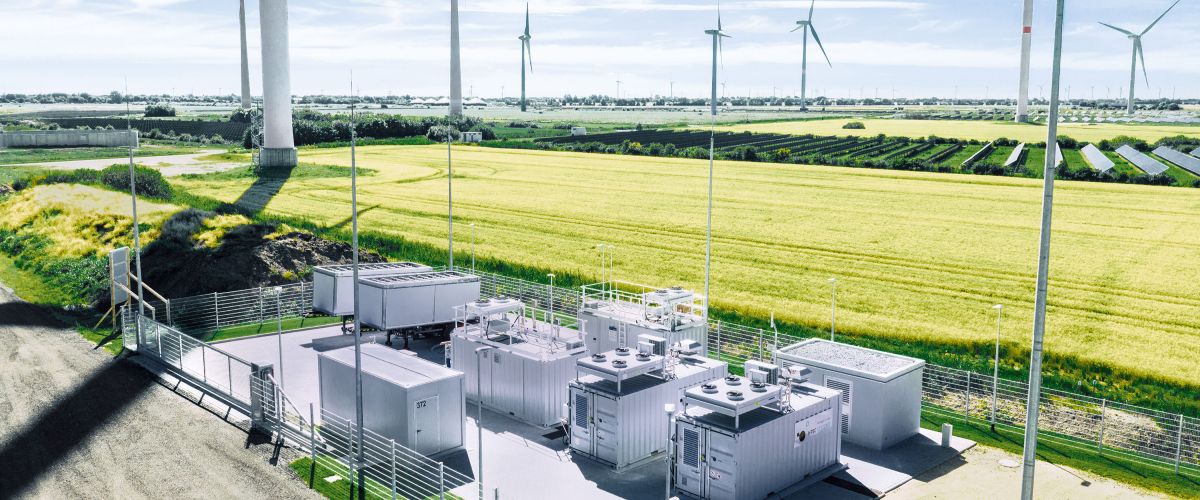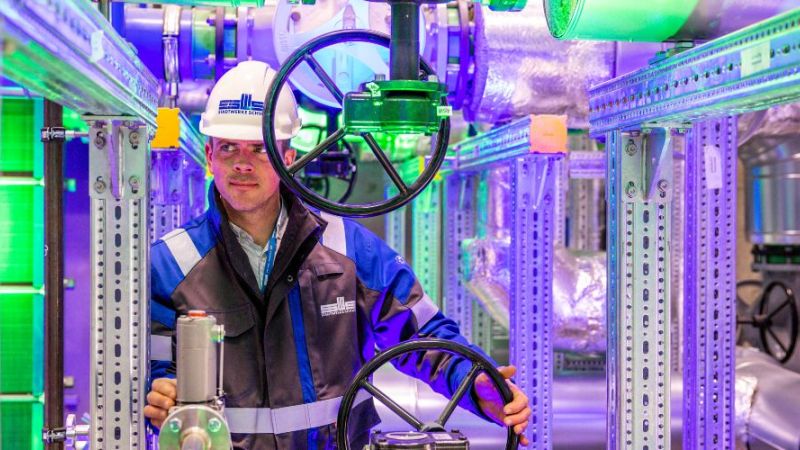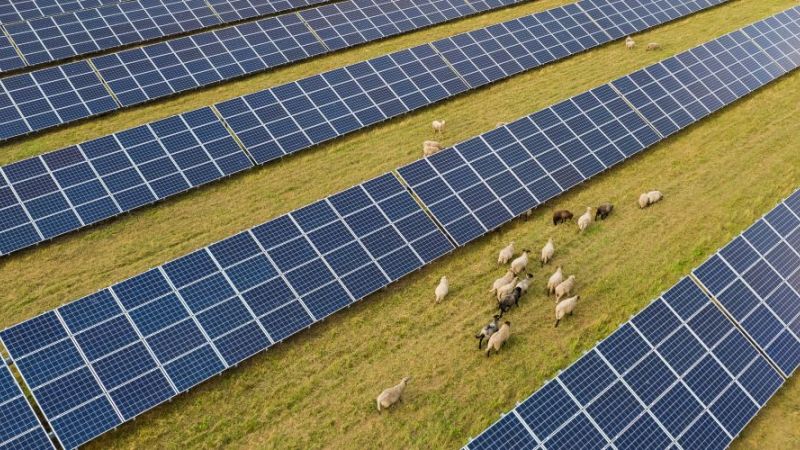Hydrogen Storage And Transport
Great need for research on hydrogen storage and transport
In the future, a resilient, efficient, well-designed infrastructure will be needed to provide hydrogen and its derivatives in line with demand. Research funding can help to prepare for this development.
Eligible research content on hydrogen storage and transport
The range of eligible topics includes pipeline-based as well as mobile transport by rail, lorry or ship and storage in tanks or other media, through to seasonal, large-volume storage, for example underground. The focus here is on the optimisation of materials, components and systems through to operating concepts.
Another aspect of research is innovative methods for converting existing natural gas pipelines and natural gas storage facilities, including those in the geological underground, to hydrogen and assessing their safety. The BMWK also provides funding for innovations and further developments, for example in pipeline technology, pressure tanks and storage in carrier media (e.g. LOHC, methanol, ammonia, metal hydrides), also with a view to optimising heat flows.
Other relevant energy research topics on hydrogen storage and transport
Research into suitable, durable, robust and environmentally friendly materials plays an important role in infrastructure. Increased efficiency and reduced costs are important research objectives, as are preparations for the upscaling of systems. The safety of the technologies is also a focal point. To this end, developments such as new non-destructive testing methods and monitoring concepts or measures to ensure leak-tightness are being promoted. Handling technologies and units for coupling systems such as fittings, compressors and gas treatment plants are also being funded.
For systemic infrastructure planning, simulation and optimisation models are eligible for funding as additional aspects of projects. They should take into account the needs and competing uses of the sectors. Relevant locations and international connections for imports and exports are important factors here, as are environmental compatibility and social acceptance.






